Science & Society
Sign up for our newsletter
We summarize the week's scientific breakthroughs every Thursday.
-
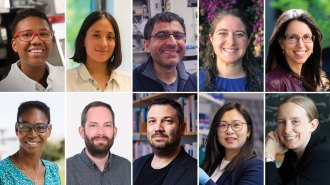 Science & Society
Science & Society10 early-career scientists tackling some of the biggest problems of today
For the ninth year, Science News honors researchers in its SN 10: Scientists to Watch list.
-
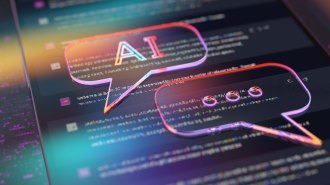 Artificial Intelligence
Artificial IntelligenceTalking to a chatbot may weaken someone’s belief in conspiracy theories
AI might help lift conspiracy theorists out of the rabbit hole, but some researchers say proceed with caution.
By Sujata Gupta -
 Artificial Intelligence
Artificial IntelligenceAI generates harsher punishments for people who use Black dialect
ChatGPT and similar AI sort those who use African American English dialect into less prestigious jobs and dole out harsher criminal punishments.
By Sujata Gupta -
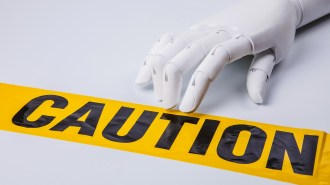 Artificial Intelligence
Artificial IntelligenceA new book tackles AI hype – and how to spot it
In AI Snake Oil, two computer scientists set us straight on the power and limits of AI and offer advice for moving forward.
-
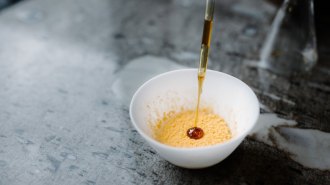 Microbes
MicrobesA fluffy, orange fungus could transform food waste into tasty dishes
The fungus thrives on everything from soy pulp to bland custards, turning them into digestible foods with a surprisingly pleasant flavor.
By Anna Gibbs -
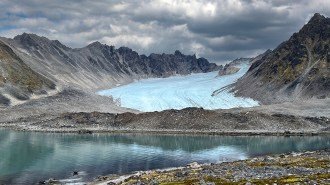 Earth
Earth‘Turning to Stone’ paints rocks as storytellers and mentors
Part memoir, part geology explainer, Marcia Bjornerud’s latest book explores the hidden wisdom of Earth’s rocks.
-
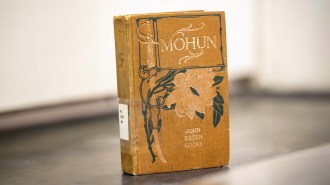 Chemistry
ChemistryOld books can have unsafe levels of chromium, but readers’ risk is low
An analysis of a university collection found that the vibrant pigments coating some Victorian-era tomes exceed exposure limits for the heavy metal.
By Skyler Ware -
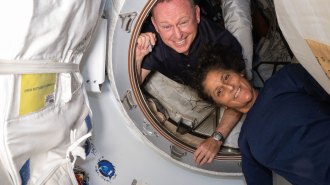 Space
SpaceAstronauts actually get stuck in space all the time
Butch Wilmore and Sunita Williams join more than a dozen astronauts who’ve been stranded in space by mechanics, weather or geopolitics since the 1970s.
-
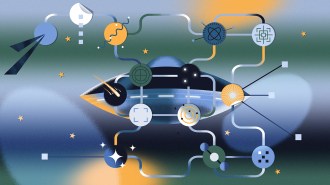 Space
SpaceScientists are getting serious about UFOs. Here’s why
UFOs have been rebranded as UAPs (unidentified anomalous phenomena). Probably not aliens, they might impact national security and aircraft safety.
By Sid Perkins -
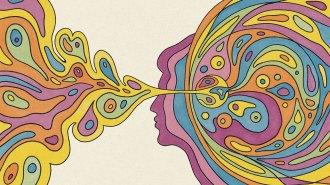 Neuroscience
Neuroscience‘Then I Am Myself the World’ ponders what it means to be conscious
Neuroscientist Christof Koch’s new book discusses how information integration in the brain leads to consciousness and whether AI will ever be self-aware.
-
 Climate
ClimateTwisters asks if you can 'tame' a tornado. We have the answer
Science News talked to a meteorologist and Twisters’ tornado consultant to separate fact from fiction in Hollywood’s latest extreme weather thriller.
By Abby Wallace -
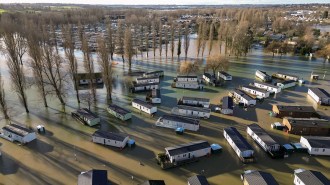 Environment
EnvironmentThe world has water problems. This book has solutions
The Last Drop tackles global water problems and explores how humans can better manage the precious resource.